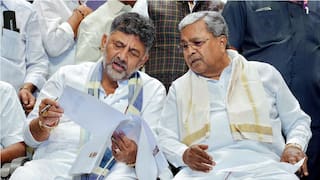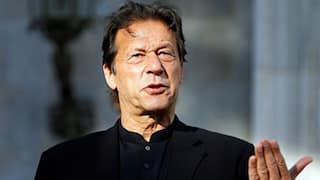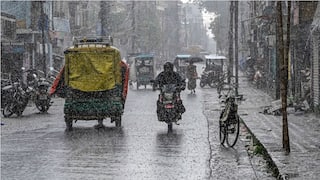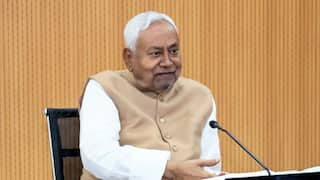Ukraine-Russia Conflict: Why Countries Can’t Afford To Target Energy Markets In Russia?
"The sanctions that are being imposed today, as well that could be imposed in the near future, are not targeting and will not target oil and gas flows," stated the US official

New Delhi: The West has imposed various sanctions against Russia in the economic sector amid escalating tension with Ukraine. Britain has slapped sanctions on five Russian banks including Rossiya and Promsvyazbank (PSB) and Washington went behind two banks including VEB and Russia's military bank Promsvyazbank.
The treasury department said: "All assets under US jurisdiction will be immediately frozen and U.S. individuals and entities are prohibited from doing business." Japan and Australia also ordered sanctions for ordering troops into separatist regions of eastern Ukraine.
ALSO READ: Russia-Ukraine Conflict: What We Know So Far As Vladimir Putin Announces Military Op | 10 Points
The US also implemented sanctions on Russia's sovereign debt which means that it can no longer raise money from the West and cannot trade in its new debt on our markets or European markets either.
Clarifying on the impact of sanctions, a senior US State Department official said these actions are not intended to hit global energy markets.
"The sanctions that are being imposed today, as well that could be imposed in the near future, are not targeting and will not target oil and gas flows," said the US official, according to news agency Reuters.
"We would like the market to take note that there's no need for increasing the price at the moment," according to the source of the agency.
Why countries can’t afford to target Russia’s energy markets?
The US official clearly stated that nothing that is happening on the ground in Ukraine now, nor in coming days, is expected to affect the flow of oil to global markets. Even as the Biden administration has kept all open for taking action against Russia, including sanctioning entities that could affect energy. But the administration is worried that any action will prompt fuel price rise for consumers ahead of congressional elections late this year.
German Chancellor Olaf Scholz also announced halting of the process of certifying the Nord Stream 2 gas pipeline from Russia. The deal remains lucrative deals for Moscow but criticised by the US for increasing Europe’s reliance on Russian energy.
Even as the Biden administration tried to keep oil markets calm, crude prices surged $100 a barrel after Moscow ordered troops into two breakaway regions in eastern Ukraine.
Last year when oil prices touched an all-time high, the US for the first time asked oil consuming countries including China, South Korea, Japan and India to coordinate releases from strategic oil supplies in each country. So far, only the United States has released large volumes of oil from its Strategic Petroleum Reserve.
ClearView Energy Partners, a nonpartisan research group, said that Russia's President Vladimir Putin could retaliate to sanctions that includes possibly cutting oil and gas exports, while blaming it on necessary facility maintenance, damage from military conflict, or a cyberattack by the West.
Moreover, Germany, Europe’s largest economy depends on Russia for 65 per cent of its natural gas needs, while Italy gets 43 per cent of its gas from Russia, and France, a little over 16 per cent, according to Eurostat, the Union’s statistical office, quoted in Hindi report. Other smaller countries however, such as Czech Republic, Hungary and Slovakia are almost fully dependent on Russia for their requirements of natural gas, while Poland gets 50 per cent of its gas from the latter.
The impact of trade cut off with Europe may not prove favourable for European countries.
In fact any measures impacting the flow of vital commodities may have a destabilising impact on the world economy and become a major cause of worry for European consumers already reeling under the unprecedented jumps in energy costs, believe experts.







































